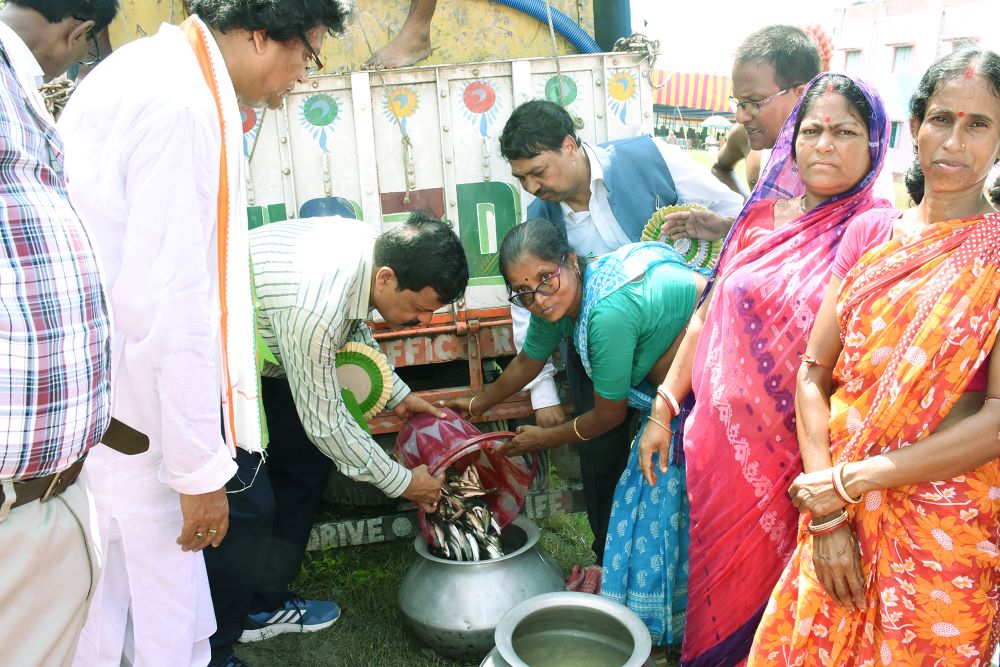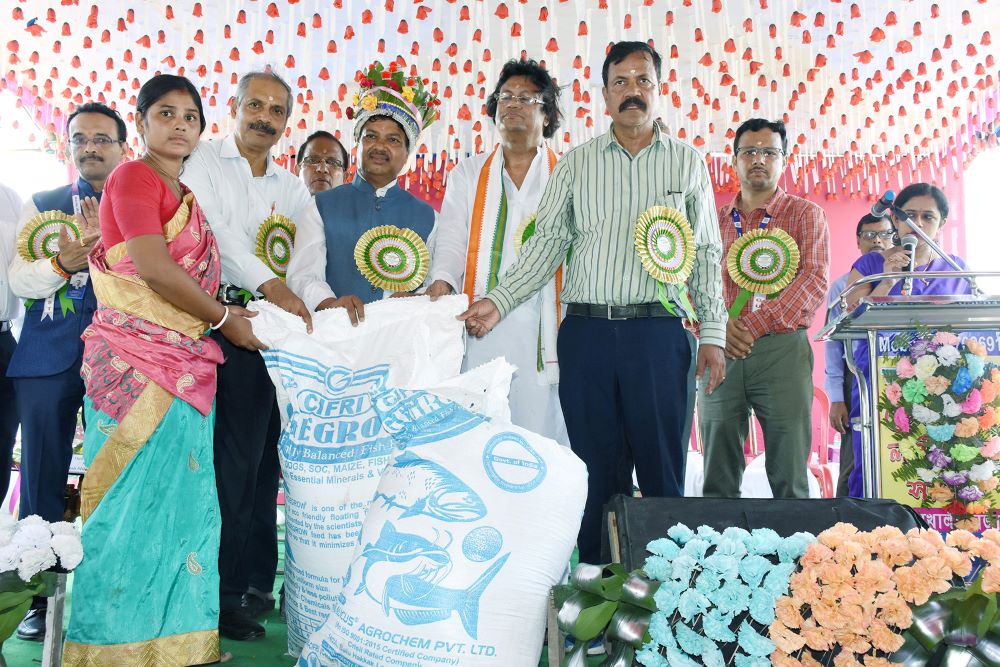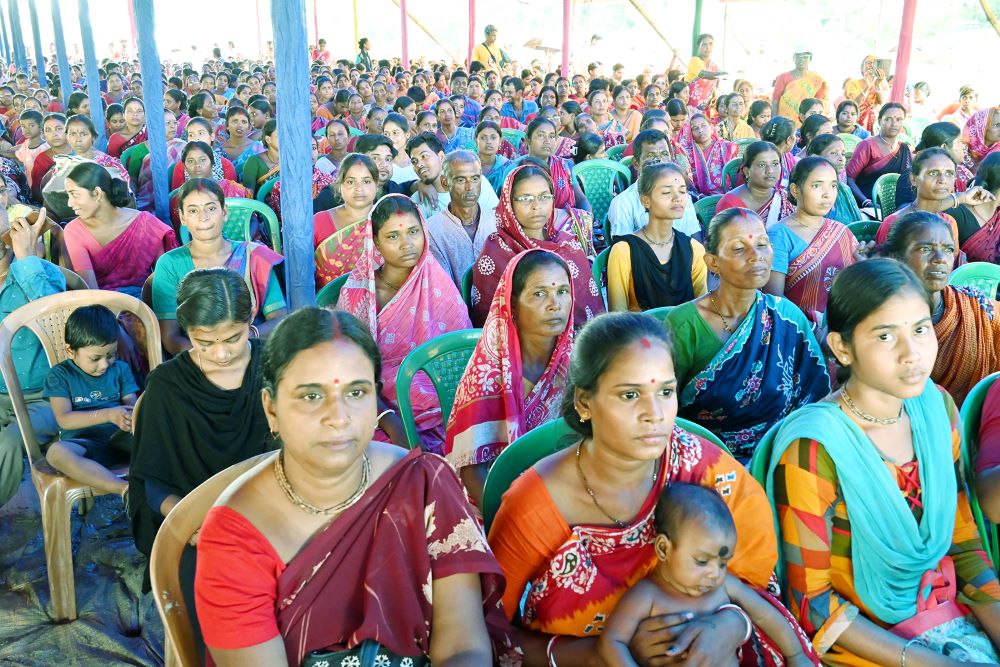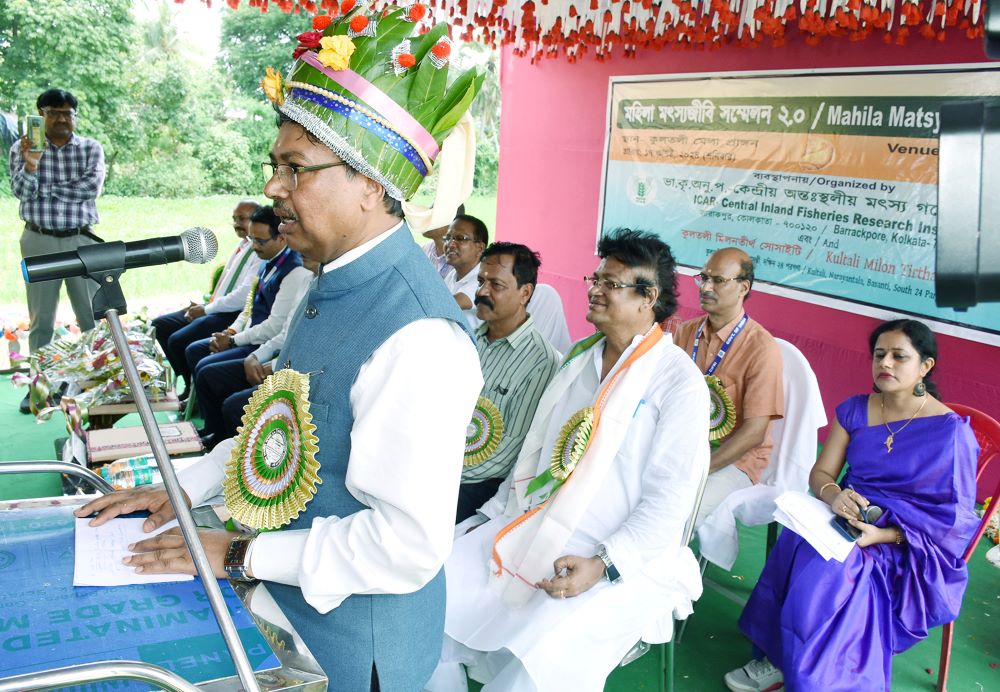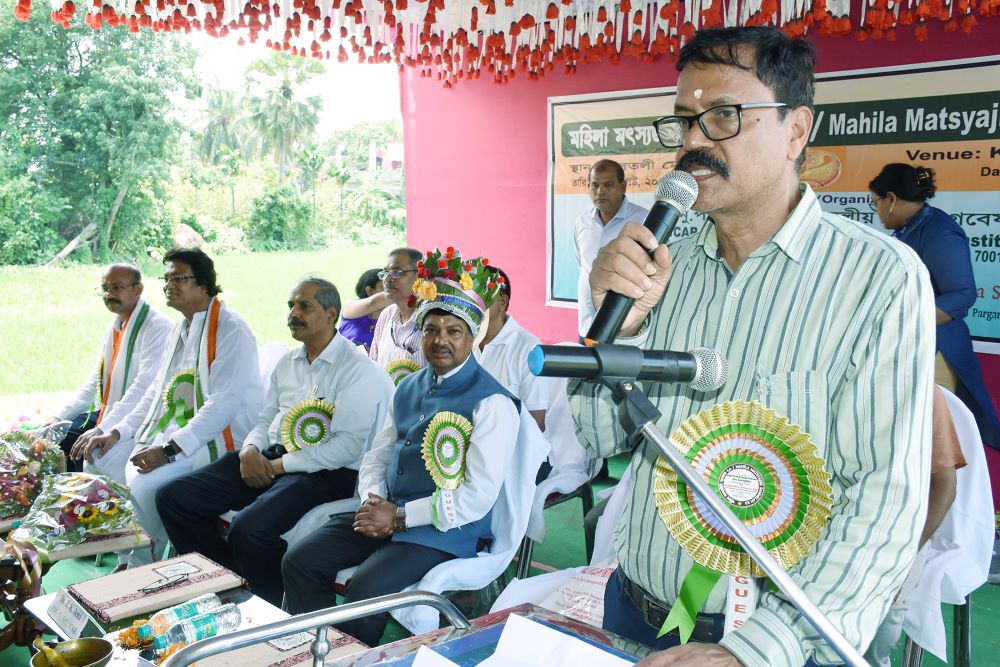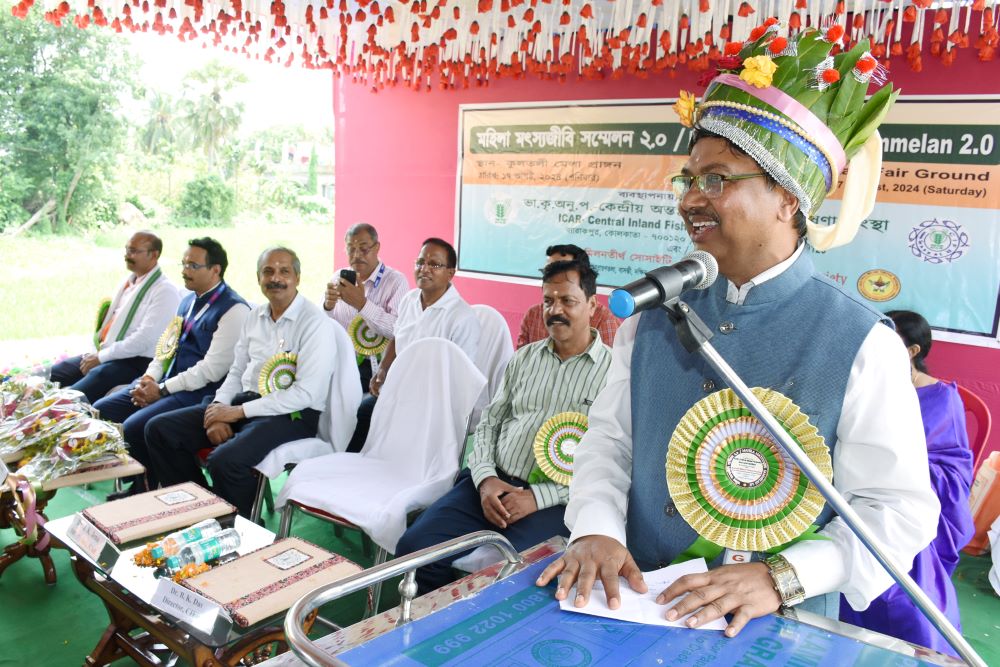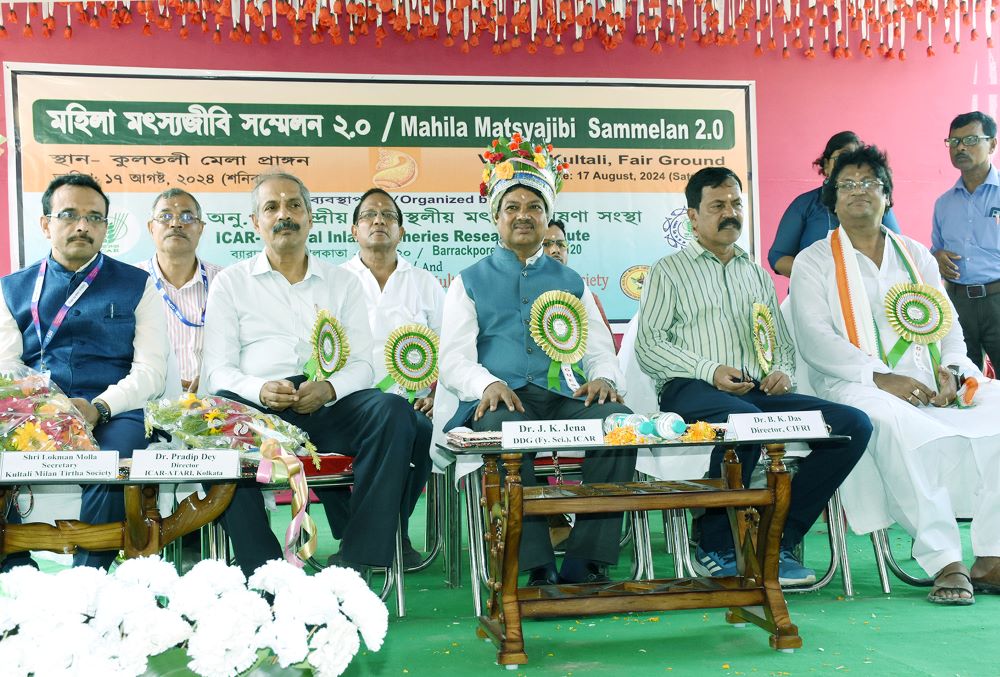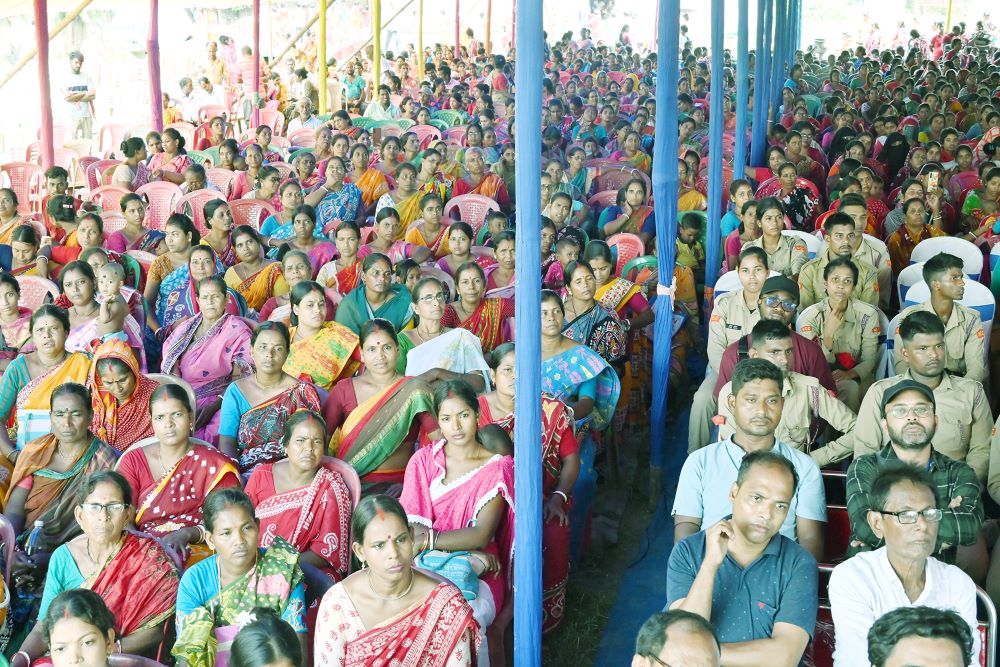Overview
Publications
Recruitment
Intranet
CIFRI Corners'
The Sundarbans, an extensive region of mangrove forests and waterways, stretches across the southern part of Bangladesh and the eastern part of India. The Indian Sundarbans, in particular, face frequent threats from these natural disasters, compelling the local population to adapt and find sustainable means of livelihood. One of the primary occupations in this region is fisheries, which provides a vital source of income for many families. Women in the Sundarbans play a crucial role in the fisheries sector, often engaging in small-scale aquaculture to support their families. Despite their significant contribution, these women face numerous challenges, including limited access to resources, lack of formal training, and the constant threat of natural disasters. The harsh environmental conditions, combined with socio-economic constraints, make it difficult for women fishers to sustain their livelihoods and achieve economic stability.
